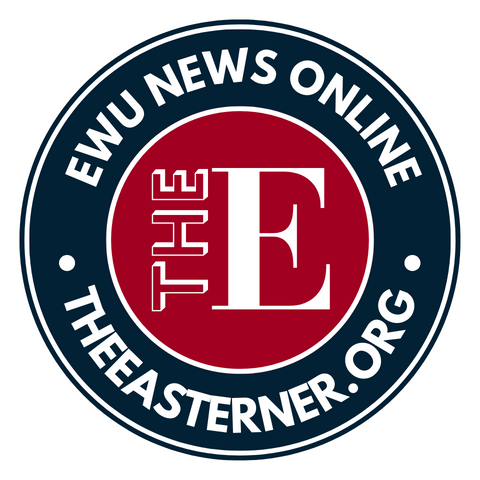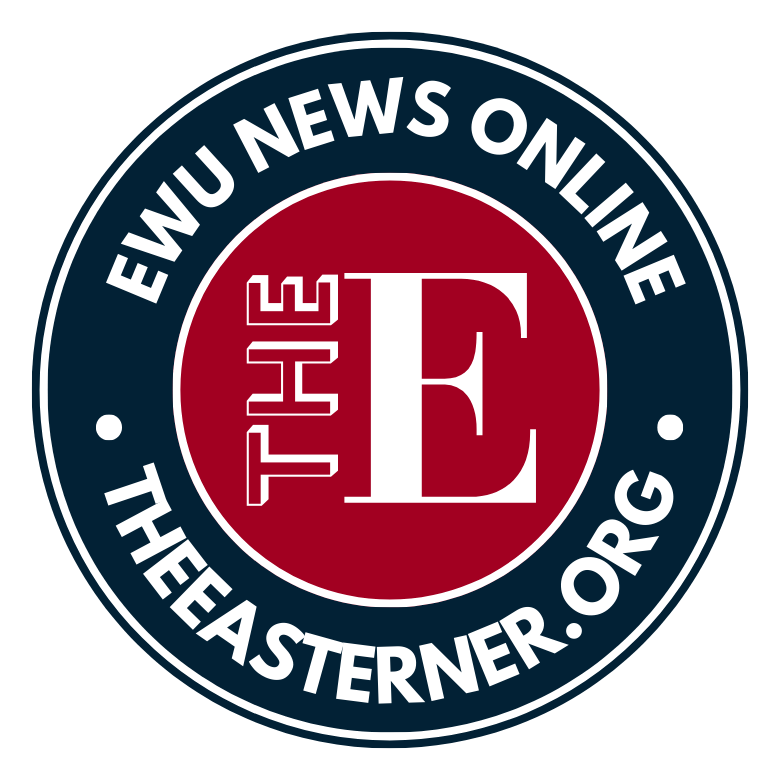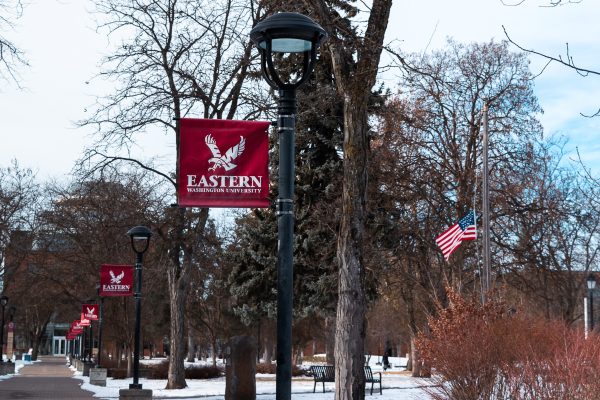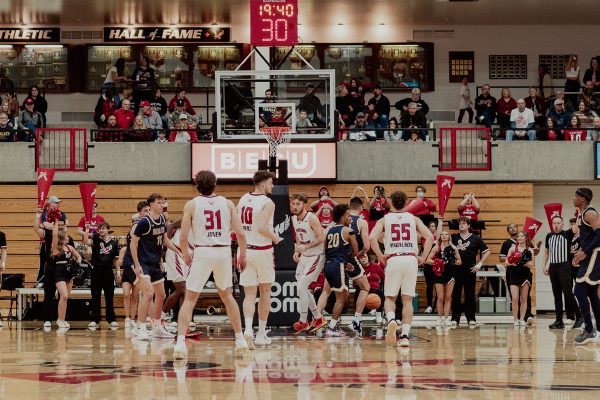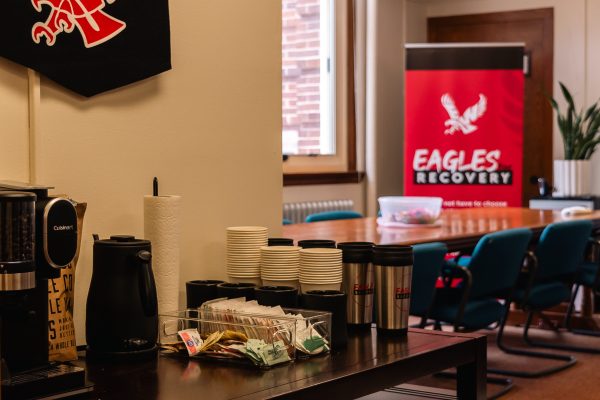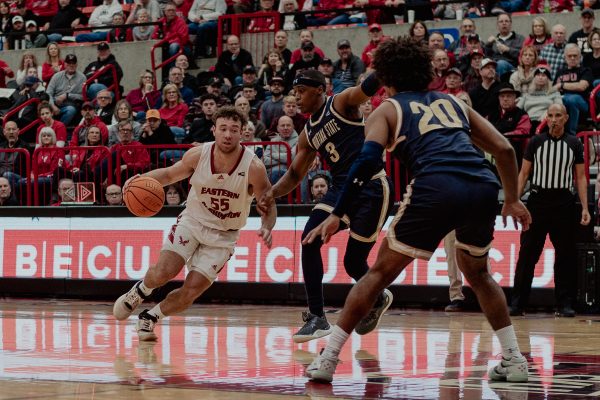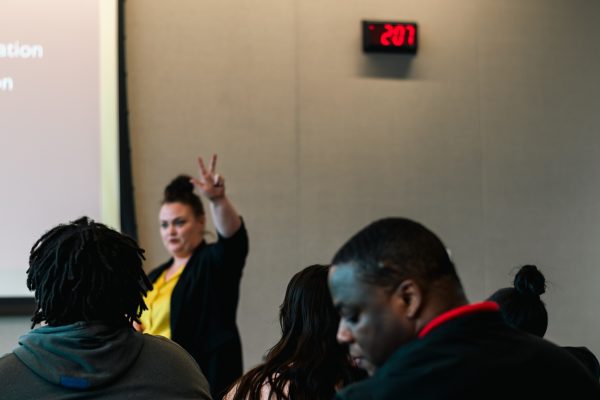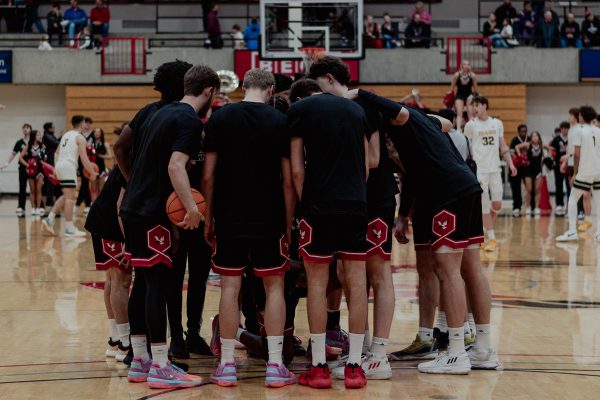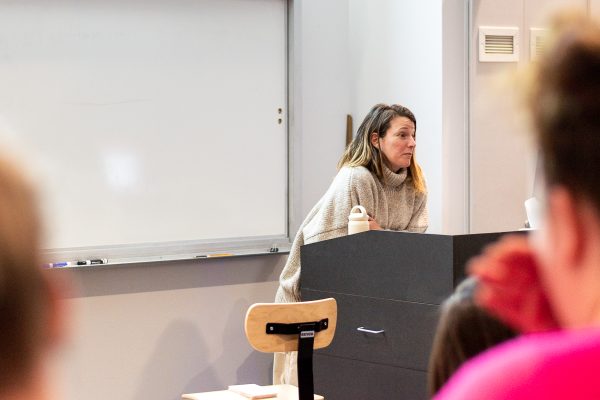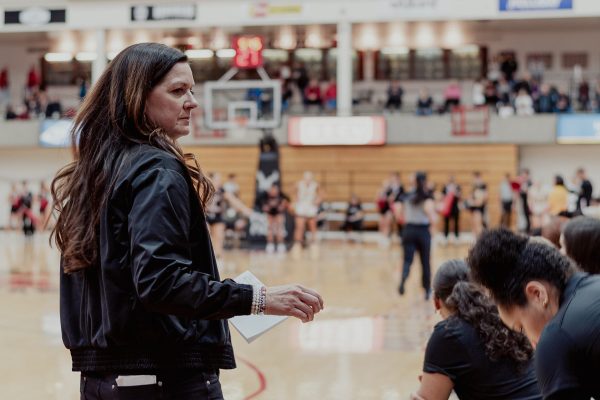EWU DSS helps students achieve
April 7, 2016
The Disabilities Support Services (DSS) office, located in Tawanka Hall, is a place where students living with disabilities can go to receive accommodations to improve their experience at EWU.
“The department provides reasonable accommodation for students who qualify, in compliance with the Americans with Disabilities Act [ADA],” Kevin Hills, the director of DSS said.
According to the ADA National Network, the ADA, passed in 1990, is a federal law which was put in place to protect people with disabilities from discrimination and to ensure they have access to the same opportunities as non-disabled people. In the university setting, the law manifests itself in the form of a DSS office and requires all universities in the U.S. to have at least one staff member who is dedicated to providing service to disabled students.
At EWU, the program started out with one director and a part-time assistant who together served approximately 70 students. Now, EWU’s DSS office has a staff of four and serves just under 800 students.
“Our students all self-identify,” said Hills. “We don’t go out and recruit and say, ‘Oh look, you are in a wheelchair, come visit us.’ It’s really for students who think they might need our services. I did research years and years ago about how students find DSS and I found that the number one way that students find [us] is from other students. The number two way was faculty and staff. I even had a student specifically mention that the janitor in the PUB had led them to DSS. I thought that was fantastic because that tells me that people know what we do and that everybody cares about students.”
The largest group of students served by DSS are those with documented learning disabilities or ADHD, but a number of other disabilities have been accommodated on EWU’s campus.
“We don’t disclose the nature of a disability to faculty members,” said Hills. “And that is because the students need to have the right to privacy. Some faculty may have a preconceived idea of how a student would behave if they had a certain diagnosis and we don’t want to give any preconceived ideas.”
When a student first makes contact with DSS — either by phone, email or walking in — they are advised of the documentation requirements for their particular disability. If such documentation already exists, the student can forward it to the DSS office. If documentation does not exist, the student is referred for an assessment, generally to an off-campus private care-provider.
Once proper documentation is received, the DSS works with the student to provide an individualized plan based on the suggestions of the documentation, the student’s own experience and the experience of the DSS staff.
According to Hills, “An example of the types of accommodations we might provide would be things like extra time on exams in a separate room. That’s a very common thing. In fact we proctored 776 exams last quarter. 183 of those were done during finals week. We also do things like record lectures. [Students] may need audio textbooks, some sort of assistive technology like a screen-reading software or technology that types everything that you say.”
The accommodations provided to EWU senior Allene Osborn really helped in her adjustment to university life. “I was in the military for quite awhile and when I transitioned out it was a little hard,” said Osborn. “Our son got sick, and so we had to move cross-country. I started school here and it was okay, but being in the military you aren’t really used to asking for help.”
Osborn was referred by a fellow military member who walked her to the DSS office. “I have arthritis of the spine and it makes things a little difficult,” said Osborn. “They [DSS] always make sure I have the nice chairs instead of the little second grade chair where you slide in the side of it.”
According to Osborn, it is often the simple little things that make all the difference.
Not all cases provide an easy answer, but DSS works with students to get them the help they need. “We’ve had to get creative on more than one occasion,” Hills said. Once, a student came in who was completely blind and needed help in his math class. According to Hills, at that point in time they did not yet have a Braille embosser capable of doing math. Undeterred, the staff of DSS “hand-created tactile representations” of math problems for the student. They also hired a math major to help the student in his exams. “One of his professors recommended he become a math major because she thought he was so good at it,” said Hills. “He chose not to, but he was still recommended.”
Kyle Hogarty, an EWU freshman and DSS student, accepted admission to EWU over two other schools based on the quality of EWU’s DSS program. Hogarty struggles with writing, and because of the accommodations provided to him by DSS he is able to keep up in his classes.
“I write slower than everyone else, so the teacher could be onto the next subject and all the students are on the next subject, when I’m still on question whatever,” said Hogarty. “As a freshman, being a student at the DSS office, I can honestly say this office has made a difference in my life this year. I would highly recommend it to any other disabled students because this office has many resources to help you achieve academically.”
